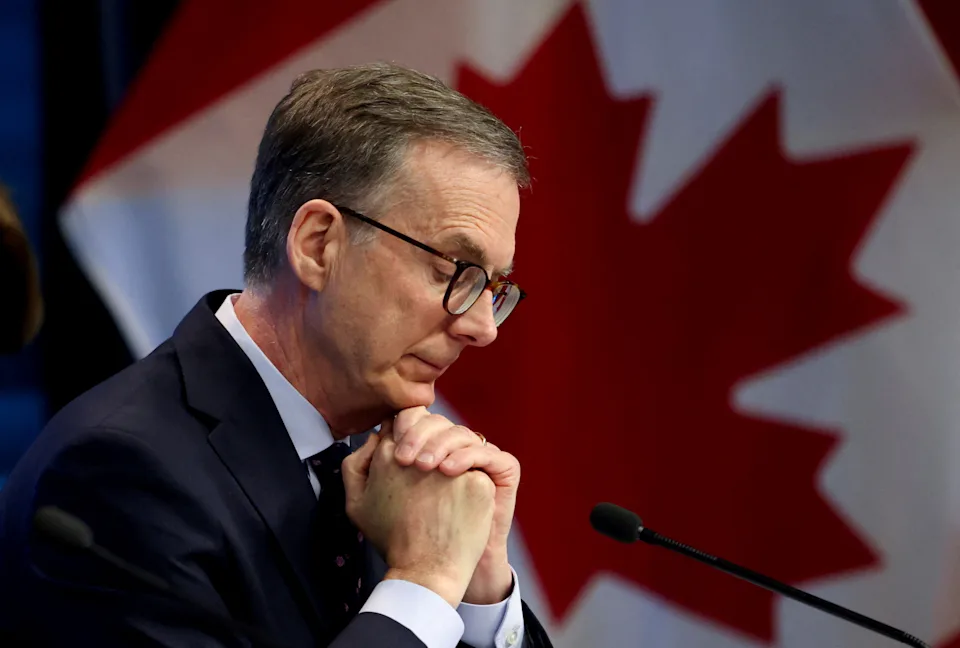Featured
article
- Get link
- X
- Other Apps
Bank of Canada’s Rate Decision Hangs in the Balance Amid Trade Turmoil and Election Uncertainty

The Bank of Canada is facing a tough call on its latest interest rate decision, with market expectations nearly split between a rate cut and a pause. The central bank has already made seven consecutive cuts since June 2024, bringing its policy rate to 2.75%. However, ongoing trade tensions with the U.S. and uncertainty surrounding the upcoming federal election have complicated the outlook.
Recent inflation data showed a slowdown, with March’s annual inflation rate cooling to 2.3%. This has given policymakers more room to consider another rate cut, but concerns remain about the broader economic impact of U.S. tariffs on Canadian businesses and consumers. Some economists argue that a cut is necessary to cushion the economy, while others warn that holding steady might be the safer move.
Governor Tiff Macklem has acknowledged the “pervasive uncertainty” created by shifting trade policies, stating that multiple economic outcomes remain plausible. With consumer confidence shaken and the housing market struggling, the Bank’s decision today could have significant ripple effects across the economy.
Will the Bank of Canada opt for another cut, or will it hold firm in the face of uncertainty? The answer will shape Canada’s economic trajectory in the months ahead.
- Get link
- X
- Other Apps
Popular Posts
Trump's Six Words: "I'm Going to Stop the Wars"
- Get link
- X
- Other Apps
Smart Savings for a Sharp School Start: Canadian Parents’ 2025 Guide
- Get link
- X
- Other Apps



Comments
Post a Comment